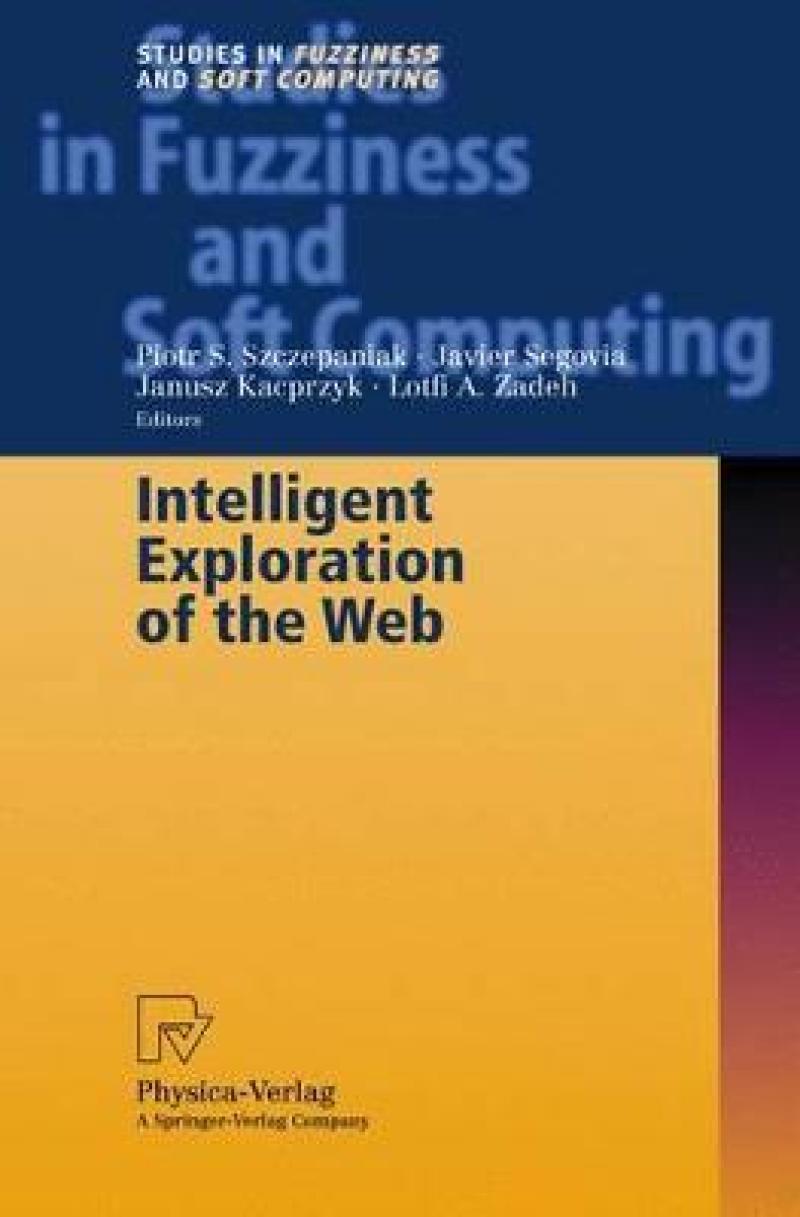The Web is the nervous system of information society. As such, it has a pervasive influence on our daily lives. And yet, in some ways the Web does not have a high MIQ (Machine IQ). What can be done to enhance it? This is the leitmotif of "Intelligent Exploration of the Web," (lEW)--a collection of articles co-edited by Drs. Szczepaniak, Segovia, Kacprzyk and, to a small degree, myself. The articles that comprise lEW address many basic problems ranging from structure analysis of Internet documents and Web dialogue management to intelligent Web agents for extraction of information, and bootstrapping an ontology-based information extraction system. Among the basic problems, one that stands out in importance is the problem of search. Existing search engines have many remarkable capabilities. But what is not among them is the deduction capability--the capability to answer a query by drawing on information which resides in various parts of the knowledge base. An example of a query might be "How many Ph.D. degrees in computer science were granted by European universities in 1996?" No existing search engine is capable of dealing with queries of comparable or even much lower complexity. Basically, what we would like to do is to add deduction capability to a search engine, with the aim of transforming it into a question-answering system, or a QI A system, for short. This is a problem that is of major importance and a challenge that is hard to meet.
Les mer
The Web is the nervous system of information society. The articles that comprise lEW address many basic problems ranging from structure analysis of Internet documents and Web dialogue management to intelligent Web agents for extraction of information, and bootstrapping an ontology-based information extraction system.
Les mer
Creation and Representation of Web Resources.- Structure Analysis and Generation for Internet Documents.- A Fuzzy System for the Web Page Representation.- Flexible Representation and Retrieval of Web Documents.- Information Retrieval.- Intelligent Information Retrieval on the Web.- Internet as a Challenge to Fuzzy Querying.- Internet Search Based on Text Intuitionistic Fuzzy Similarity.- Content-Based Fuzzy Search in a Multimedia Web Database.- Self-Organizing Maps for Interactive Search in Document Databases.- Methods for Exploratory Cluster Analysis.- Textual Information Retrieval with User Profiles Using Fuzzy Clustering and Inferencing.- Intelligent Clustering as Source of Knowledge for Web Dialogue Manager in an Information Retrieval System.- Document Clustering Using Tolerance Rough Set Model Its Application to Information Retrieval.- Improving Web Search by the Identification of Contextual Information.- Intelligent Internet-Based Multiagent Systems.- Neural Agent for Text Database Discovery.- Intelligent Web Agents that Learn to Retrieve and Extract Information.- Accurately and Reliably Extracting Data from the Web: A Machine Learning Approach.- Web Browsing Using Machine Learning on Text Data.- Retrieval of Semistructured Web Data.- Intelligent Retrieval of Hypermedia Documents.- Bootstrapping an Ontology-Based Information Extraction System.- Web Data Mining and Use.- Intelligent Web Mining.- A Neural Net Approach to Data Mining: Classification of Users to Aid Information Management.- Web-Based Expert Systems: Information Clients versus Knowledge Servers.
Les mer
Presentation of computationally intelligent methods for dealing with problems related to Web Includes supplementary material: sn.pub/extras
GPSR Compliance
The European Union's (EU) General Product Safety Regulation (GPSR) is a set of rules that requires consumer products to be safe and our obligations to ensure this.
If you have any concerns about our products you can contact us on ProductSafety@springernature.com.
In case Publisher is established outside the EU, the EU authorized representative is:
Springer Nature Customer Service Center GmbH
Europaplatz 3
69115 Heidelberg, Germany
ProductSafety@springernature.com
Les mer
Produktdetaljer
ISBN
9783790815290
Publisert
2002-11-26
Utgiver
Vendor
Physica-Verlag GmbH & Co
Høyde
235 mm
Bredde
155 mm
Aldersnivå
Professional/practitioner, U, P, 05, 06
Språk
Product language
Engelsk
Format
Product format
Innbundet
